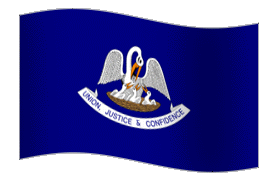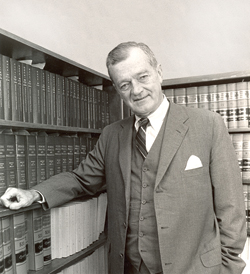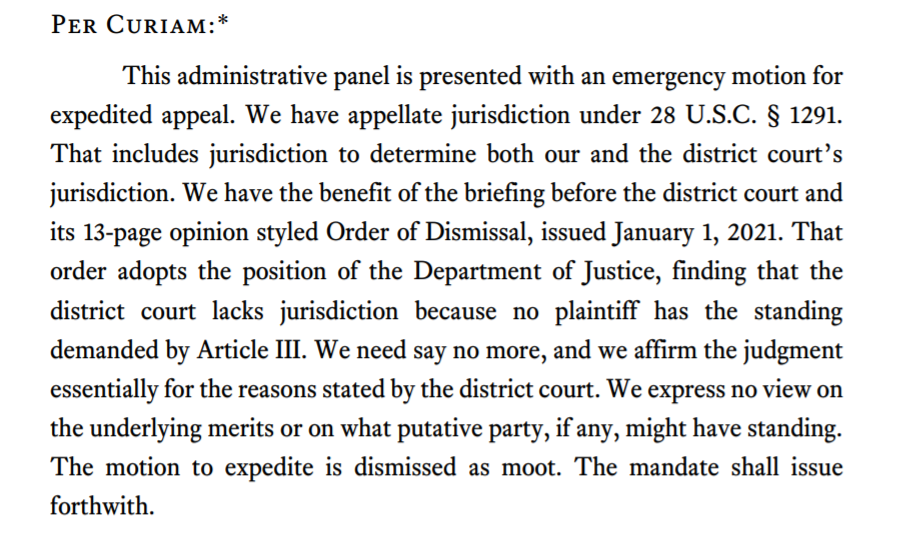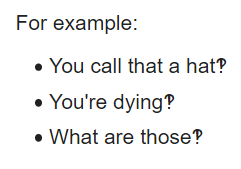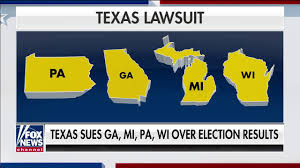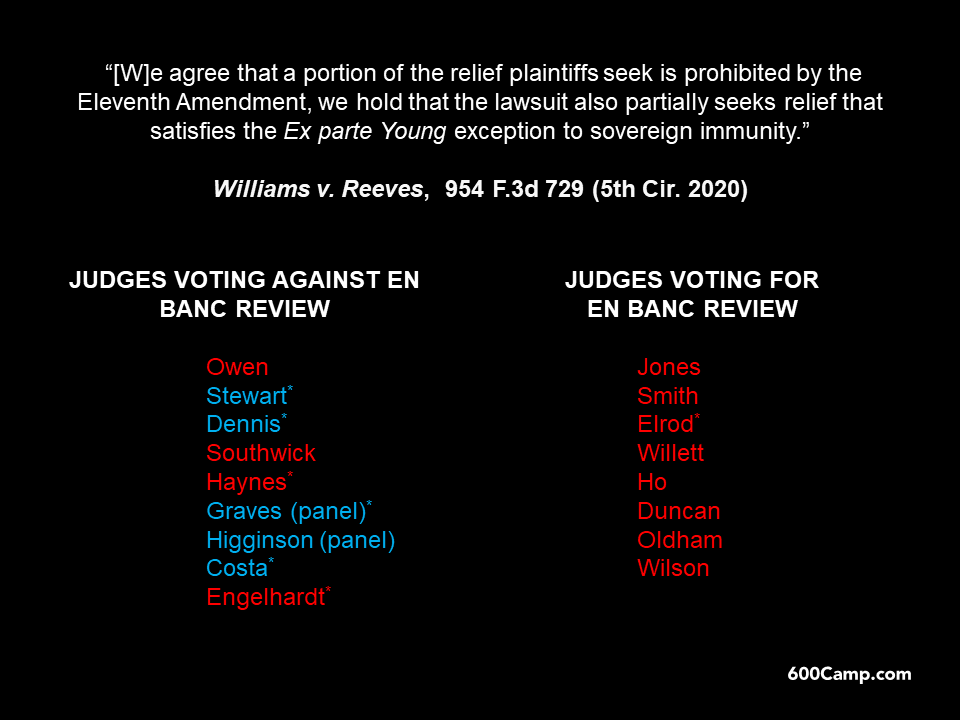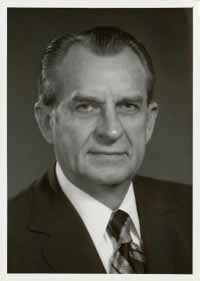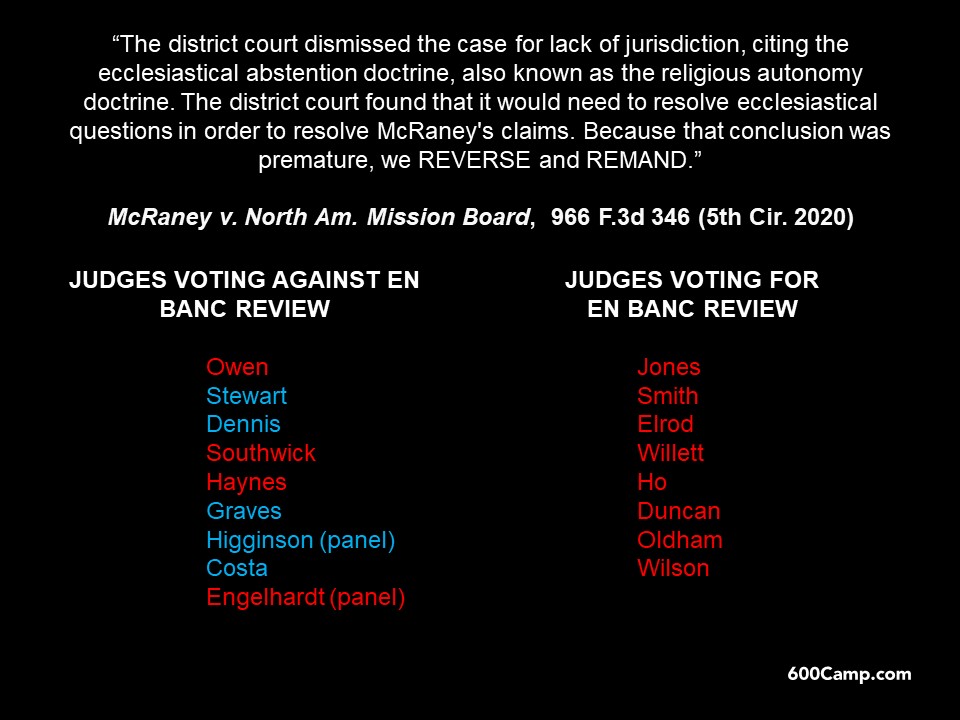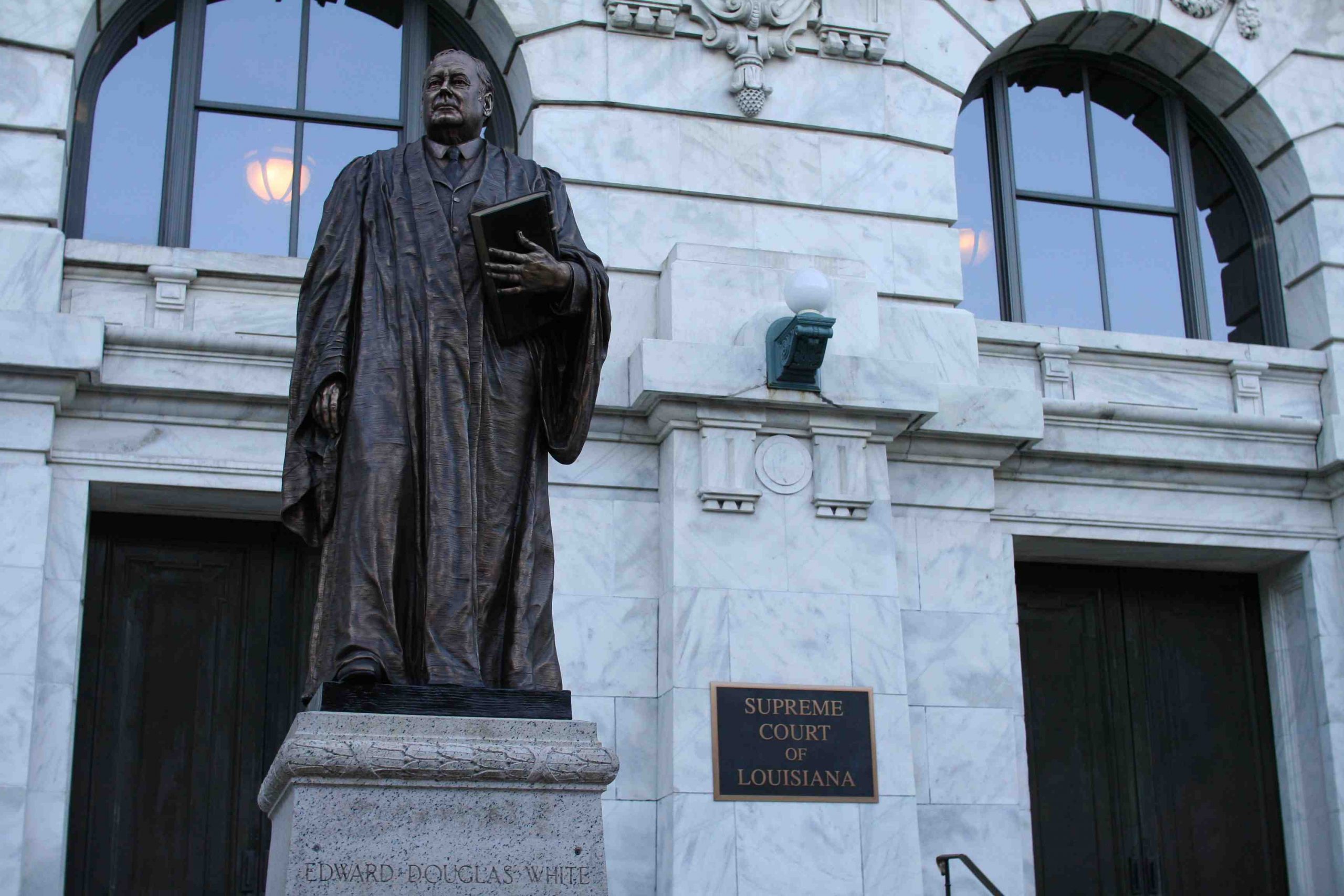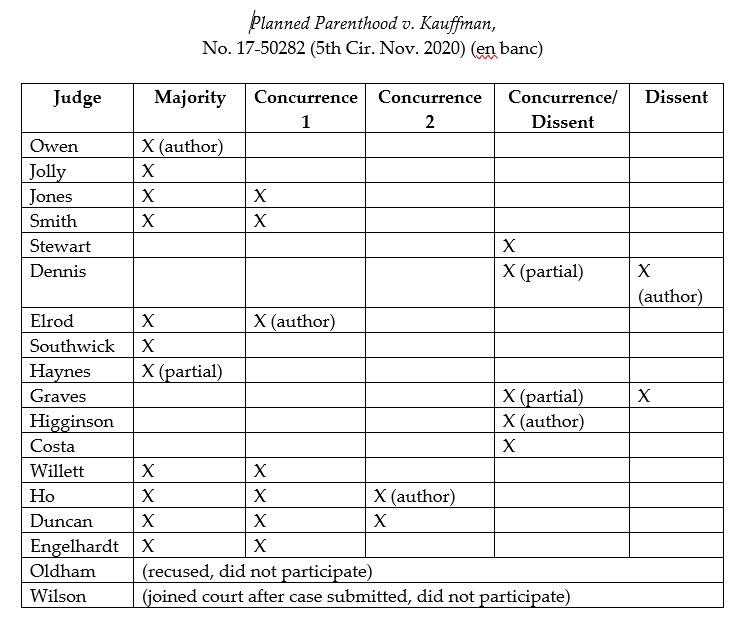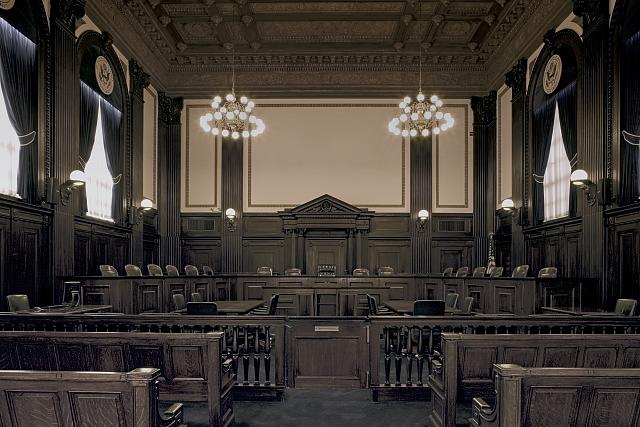WickFire won a tortious-interference judgment against TriMax. It claimed that TriMax “committed ‘click fraud’ by repeatedly clicking on WickFire’s advertisements without any intention of making purchases,” which has the effect of driving up WickFire’s costs without any corresponding increase in revenues. The Fifth Circuit reversed, noting:
- Tortious interference with contract. “WickFire produced evidence that a third party had a deleterious financial effect on its bottom line. But as was the case in El Paso Healthcare System, the record here fails to indicate that WickFire’s damages occurred because a co-contracting party breached its agreement with WickFire.”
- Tortious interference with prospective business relations. “WickFire’s damages theory for this claim was grounded in the assertions that TriMax’s tortious conduct delayed the development of TheCoupon.co website by six months and that WickFire lost $334,000 in profits because of that delay. When WickFire’s damages expert was asked how he calculated that dollar figure, the expert said that he had ‘quantified those damages by calculating the amount of profits that [WickFire] lost because of the six-month delay.’ He did not testify as to how he performed that calculation, nor did he point to any data concerning the business generated by TheCoupon.co. This evidence is threadbare and conclusory.”
Wickfire LLC v. Woodruff, No. 17-50340 (Feb. 26, 2021).

